To celebrate World Environment Day 2020 we want to share some of the great environmental courses available in our universities as well as some of the research being conducted which aim to further our knowledge in this key area. The challenges associated with environmental change are being given growing priority, and there is now more than ever an increased demand for graduates with the ability to analyse complex environmental problems, while ‘thinking critically’ about potential policy actions.
We spoke to current students in environmental courses across the seven universities to see what these programmes offer and why they chose to study in this area.
According to Samantha Fahy, DCU Sustainability Manager & Chair of the IUA Sustainability Group: “Universities aim to support lifelong learning in addition to pushing the societal and technology boundaries to develop and implement innovative solutions to enable our current and future selves to live better and more sustainable lives. As we see the ever growing impacts of climate change on our local and global environments and the resultant societal unrest, I believe that universities have a core responsibility to ensure that all graduates understand their impacts and the roles they must play in creating sustainable economies and societies. But we must not just talk the talk but acknowledge that we must change the current model, changing our institutions and our education system, creating a better future through leadership and innovation.”
University Courses
BSc in Environmental Science and Technology | Dublin City University
Climate change, species extinction, pollution, managing waste and recycling are huge challenges that we face and are now at the forefront of public discourse and debate. This degree explores the environment, the technologies used for its analysis, and how it is impacted by our activities from a scientific perspective. Students will consider and probe the problems we face and investigate means for reducing our negative impact on the environment.
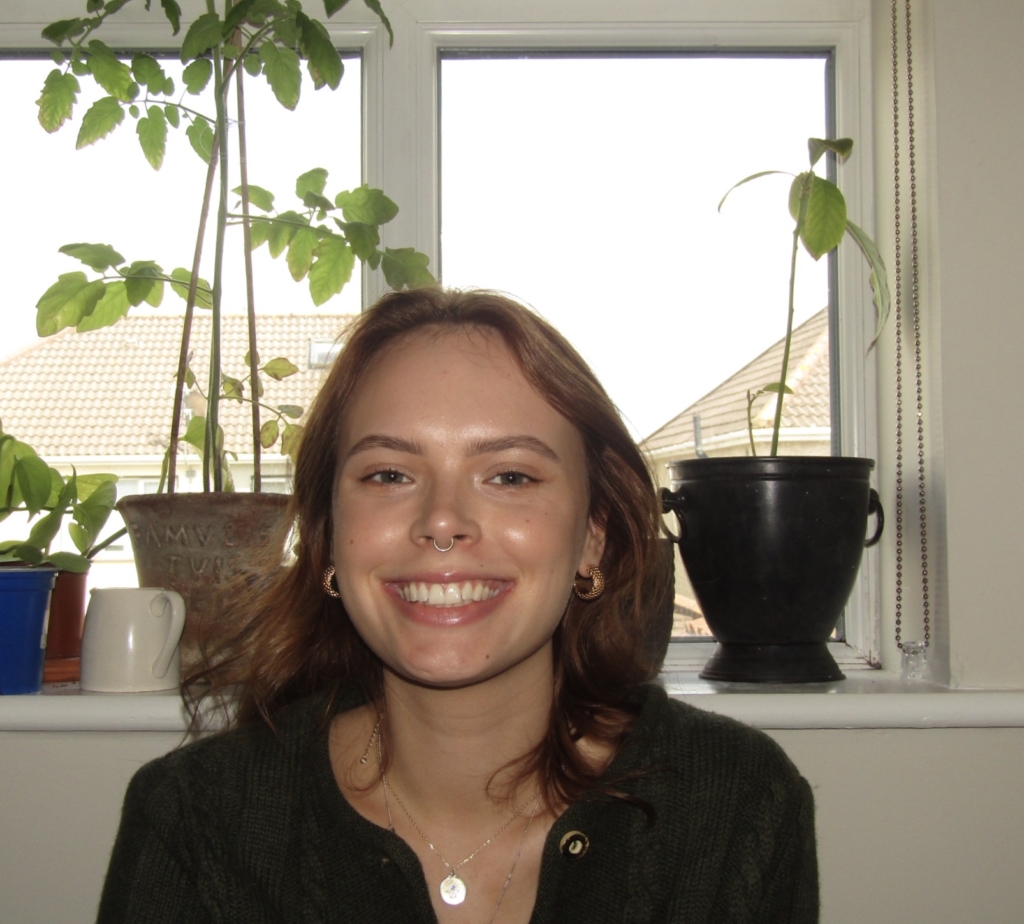
“I’ve always had an interest in all things science and how the world works. As I matured I became more aware of the impact humans have on the environment in terms of the choices they make and the effects of these choices. I decided to study environmental science in order to understand and manage how human activities impact the environment. I feel studying the environment is important as it provides an understanding of how current actions can lead to the future survival or downfall of the natural systems we depend on as well as providing the tools to manage the outcomes of our actions.” – Helen Burke, 2nd year student
More information is available here.
Environmental Sciences | Trinity College Dublin
Environmental science is the study of the various interactions between the biological, chemical and physical components of our environment with special emphasis on the human influences on these components. As a graduate in this area students will be able to take advantage of the worldwide demand generated by increasing environmental awareness. Uniquely students have the opportunity to attend a range of residential field excursions both around Ireland as well as in the Canary Islands and Kenya.
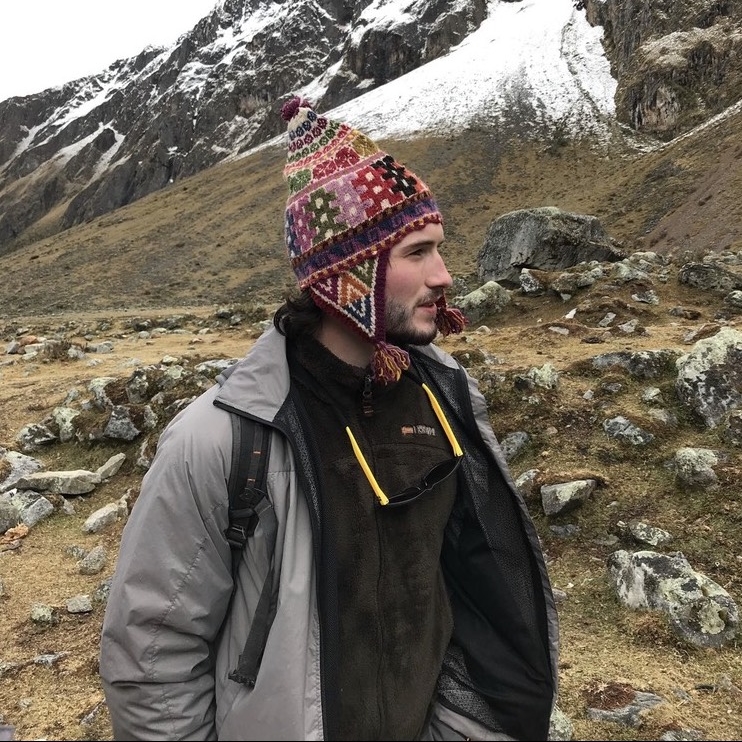
“I choose environmental science to rediscover my relationship to all the living and non-living members of our special planet, something I’ve found deeply rewarding. Technology has changed how we live and certainly can be useful, though it is easy to forget our connection to the natural world. Now more than ever we are reminded of the need to understand and protect all the inhabitants of Earth. In doing so we can strive to build a better world.” – Ruán Linders, Final Year Student
More information is available here.
BSc Environmental Science | University of Limerick

Increasing rigid environmental requirements are being placed on industry and community in areas such as energy usage, waste minimisation, waste management, recycling, water and air quality. Consequently, there is a strong demand for graduates with a scientific understanding of environmental and health and safety issues, together with a full knowledge of technological and management methods available to help improve the quality of our environment. What makes Environmental Science at the University of Limerick distinctive is its relevance to industry and business, through a focus on environmental technology, environmental management and health & safety in the workplace.
“I chose Environmental Science because it perfectly combined my interests in chemistry and all things outdoors. This course helped me realised the impacts our jobs and everyday lives can have on the environment, from large to microscopic, and this course provided me with every tool required to make a difference.”- James Carroll, final year student
More information is available here.
LLM in Environmental and Natural Resources Law | University College Cork
The LLM (Environmental and Natural Resources Law) is a new programme which takes advantage of a concentration of legal expertise in the field at the School of Law, University College Cork. Academic staff at the Law School currently hold advisory roles with a wide range of Irish and international agencies and organisations. The LLM programme offers a wide variety of legal topics ranging across traditional areas of environmental law, policy and regulation, as well as planning and land-use law, heritage protection, international environmental law, marine environmental law, natural resources law and human rights law. It aims to prepare graduates for a variety of careers in the broader environmental regulatory space, including in the legal professions, governmental and regulatory agencies, environmental NGOs, compliance roles in industry, academia and environmental consultancy.
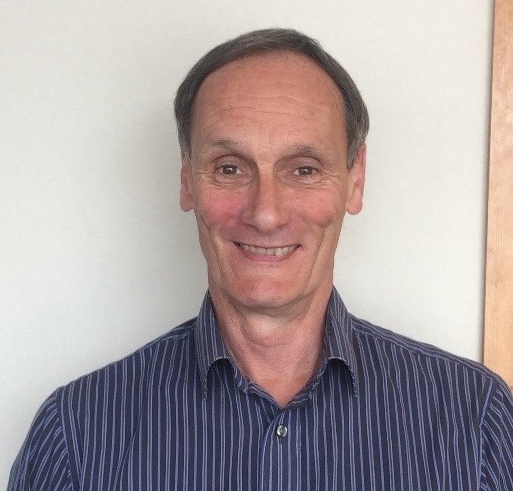
“As an Environmental Consultant and joint owner of a Consultancy practice I chose the LLM in Environmental and Natural Resources Law UCC to provide me with a broad based legal knowledge that can be applied to many of the practical day to day issues that I encounter throughout my work. Environmental Law is now relevant to all aspects of business and daily life and the knowledge gained through the LLM course has allowed me feel confident in advising clients from individuals to Government Bodies as to their obligations under environmental law.” – Jim Dowdall, Director of Enviroguide and current student.
More information is available here.
MSc in Environmental Technology | University College Dublin
The MSc Environmental Technology Programme is aimed at science, engineering and technology graduates who wish to pursue a career in developing, implementing and managing solutions to minimise the environmental impact of emissions to air, soil and water.
This programme addresses the demand for graduates who have the skills to develop technological solutions for air, water and soil protection in existing and emerging sectors across industry (particularly agri-food and bio-resources), consulting companies and regulatory authorities. Students will acquire skills in the areas of environmental engineering, risk assessment, air pollution, waste management, life cycle assessment, buildings and environment, energy systems and sustainable environment. Our students will become active and independent learners, who will bring a critical and integrated approach to solving environmental challenges, both in local and global contexts.
More information is available here.
University Environmental Research
Building resilient landscapes and livelihoods in Burkina Faso’s shea parklands | Trinity College Dublin
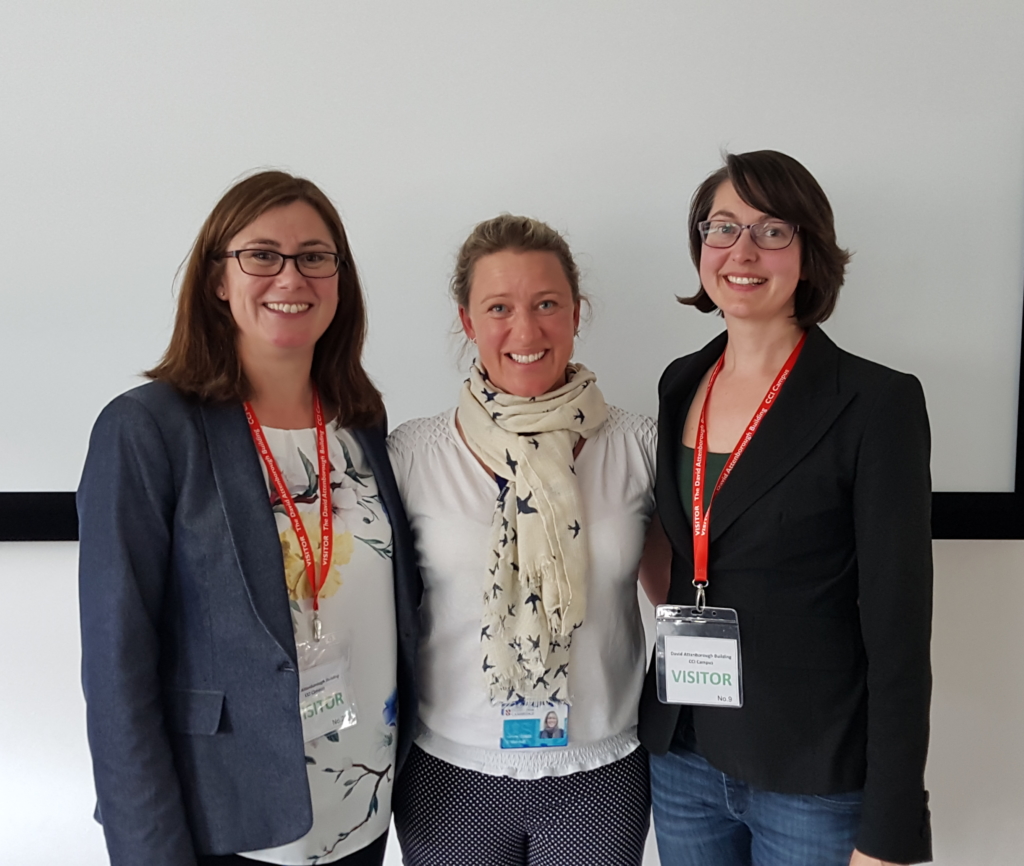
Shea trees grow in dryland ecosystems between western Senegal and north-western Uganda. Shea is an important agroforestry crop providing fruit near the end of the dry season; the nuts are processed into a nutritious butter that helps sustain an estimated 80 million people, as well as providing an income from local and global trade.
Shea trees benefit from bees moving pollen between their flowers to produce fruit, and we found that in sites with low tree and shrub diversity, fruit production was severely limited by a lack of pollination.
The shea parklands are a long-established traditional food and fuel wood production system, but with growing population pressure and the introduction of the tractor, management has moved away from a shifting cultivation and pastoralist system to more intensive ‘permanent’ agriculture. This has resulted in a loss of fallow land and contributed to a degraded and fragmented landscape with a lower diversity of plants, which makes life hard for insect pollinators in the Sahel.
We recommend that when areas are cleared for cultivation, shrubs and trees that are beneficial to the local pollinators should be retained. Furthermore, measures to conserve pollinators in the region should target both honeybees and other bee species.
“In the face of a global biodiversity crisis, studies like this are crucial for demonstrating the everyday importance of biodiversity. We have shown that more biodiverse parklands support more pollinators, and this makes crops more productive – benefitting local peoples’ livelihoods and well-being.” – Professor Jane Stout | Trinity College Dublin
Optimising macroalgal diversity and ecosystem function on coastal infrastructure: an eco-engineering approach | University College Dublin
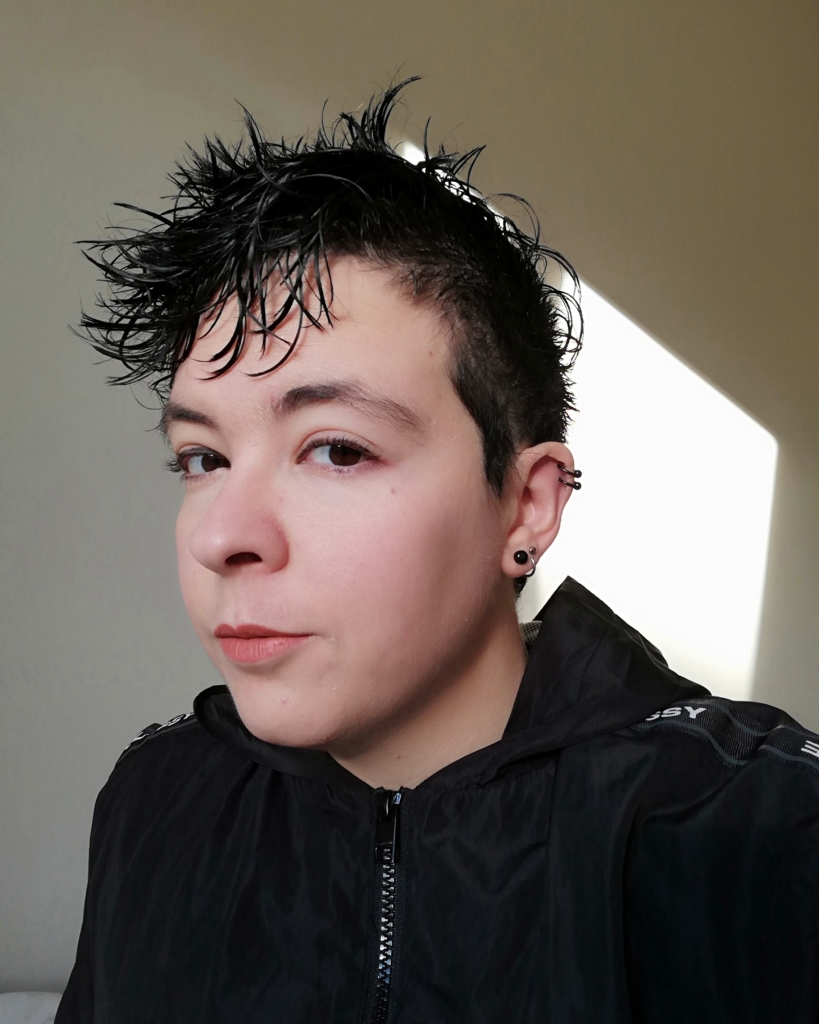
Coastlines all over the globe are changing rapidly as more and more natural shore is replaced by infrastructure. As the effects of climate change worsen and sea levels rise, coastal communities invest in seawalls, breakwaters, and other means of coastal protection. Although they support life, these structures are so fundamentally different from natural shores that they significantly alter the characteristics of our coastal ecosystems.
Eco-engineering, which involves applying ecological principles to engineering processes, may provide a solution. My project looks at using eco-engineering approaches to encourage the development of more natural seaweed communities on these artificial structures. Seaweeds not only provide nutrients to herbivores and detritivores, but also are themselves a habitat for a variety of marine organisms, and we therefore expect that anything that affects seaweed populations will have a knock-on effect on the ecosystem as a whole.
“Only through studying our environment and gaining knowledge of its interactions and processes can we learn to better integrate humanity’s continued growth into the wider world. There is a balance to be struck, and environmental research can help us find it.”- Veronica Farrugia Drakard | University College Dublin
Community University Sustainability Project (CUSP) | NUI Galway
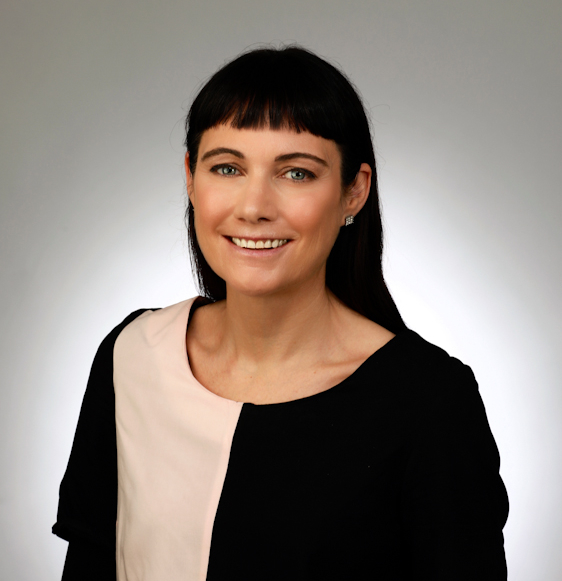
At the National University of Ireland Galway (NUI Galway), we recognise the critical role that that universities play in tackling society’s evolving sustainable development challenges. Building on our existing reputation as an environmentally friendly and societally responsive university we launched the Community University Sustainability Project (CUSP) in 2016, to research and showcase how a university can become a role model for the transition to a more sustainable future.
Initial work centred on identifying a suitable framework, based on a review of international best practice, for the transition towards a sustainable campus.
Our Learn-Live-Lead model places students at the heart of the sustainability journey and promotes sustainability scholarship, environmental stewardship and global citizenship as key student attributes. The aim with live is to implement the principles of sustainability through campus operations so that graduates understand the importance of sustainable living in all aspects of their lives and values their connection to the physical environment ecosystems and biodiversity. The focus of lead is on graduating students who re societally aware and valued for their world readiness. This is achieved by developing the campus as a role model for sustainability and fostering partnerships between community and university that promote greater civic engagement among students and staff.
“The Learn-Live Lead model is the strategic framework for NUI Galway’s inaugural sustainability strategy. As a research-driven, collaborative, holistic, inclusive and engaging project, we want to set ourselves ambitious goals and targets and play our part in taking action for a more sustainable future.”- Michelle O’Dowd Lohan, Community and University Sustainability Officer | NUI Galway
For more information please contact Kate Wood, IUA Communications Officer at kate.wood@iua.ie